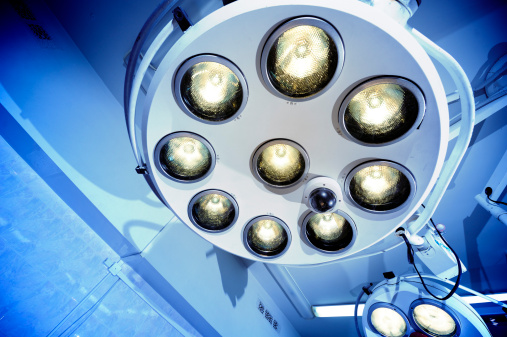An autopsy (also known as a post-mortem examination or necropsy) is an invasive examination of a deceased, performed by pathologists, medical doctors specialty trained in the diagnosing diseases by the examination of body fluids and tissues and determining the cause and manner of death.
Surgical techniques, microscopy, laboratory analysis and medical records are used in this evaluation. The College of American Pathologists (CAP) recommends that an autopsy be performed at every death, and experts say that competent autopsies are beneficial in a wide range of circumstances.
The primary purpose of an autopsy is to put to rest any questions the family may have regarding the cause of death, nature of an illness and reassurance that the appropriate health care had been provided. In addition, health insurance claims and other death benefits may be expedited by the autopsy results.
Forensic autopsies are autopsies with legal implications and are performed to determine if death was an accident, homicide, suicide, or a natural event.
The word autopsy is derived from the Greek word "autopsia": "to see with one's own eyes."
The procedure takes about two to four hours to perform. This examination may be comprehensive or limited to a particular organ system. For example, in the case of a suspected heart attack, some physicians and families request that the autopsy be limited to examination of the chest. However, limiting the scope of the autopsy may sometimes reduce its value.
The body is opened in a manner that does not interfere with an open casket service, and is treated with dignity, respect, and according to the wishes of the family.
Small specimens of each organ and body fluids are taken for microscopic examination to look for disease such as malignancy or infection. Many tests can be performed long after the autopsy and specimen procurement, e.g. toxicology (checking for drugs, chemicals, or toxic substances), genetics, etc.








